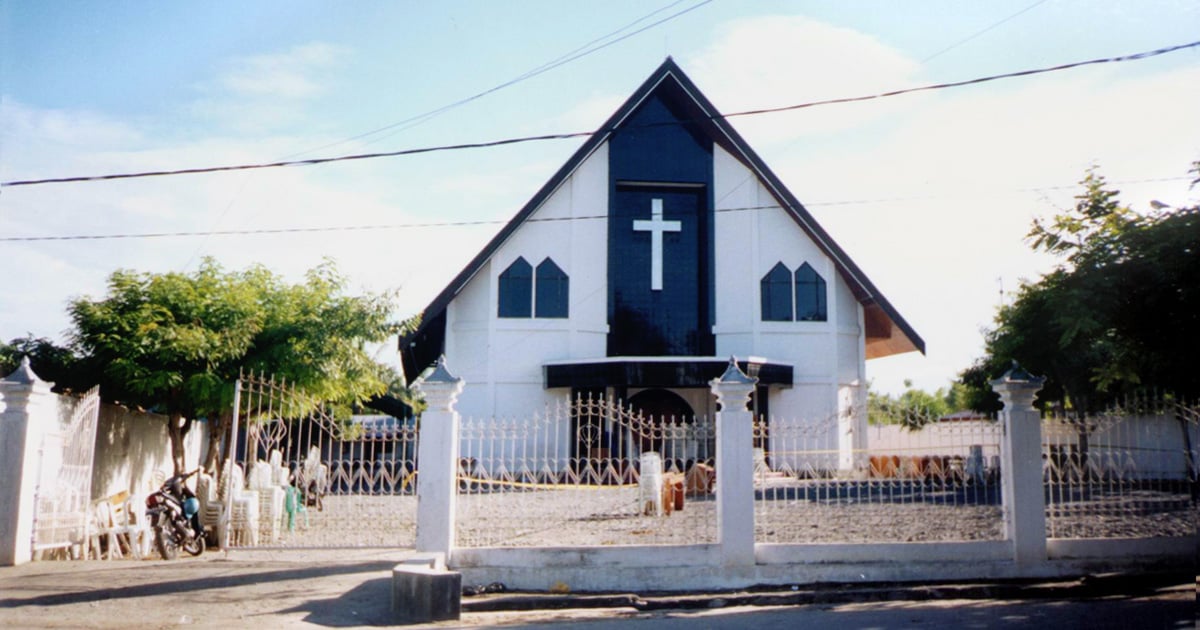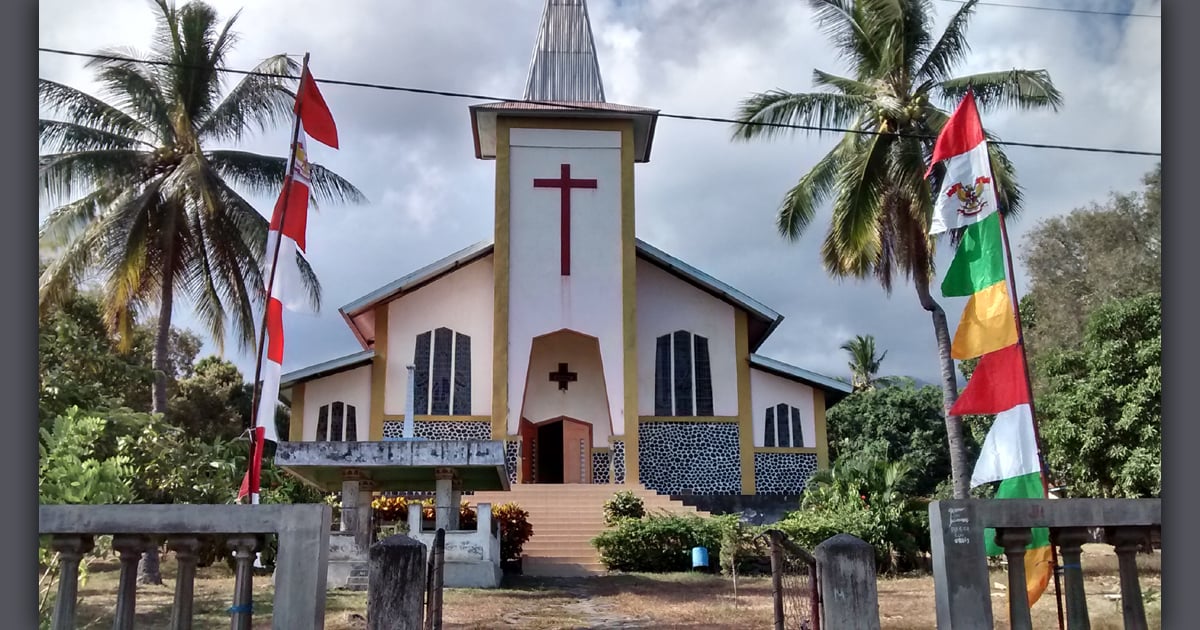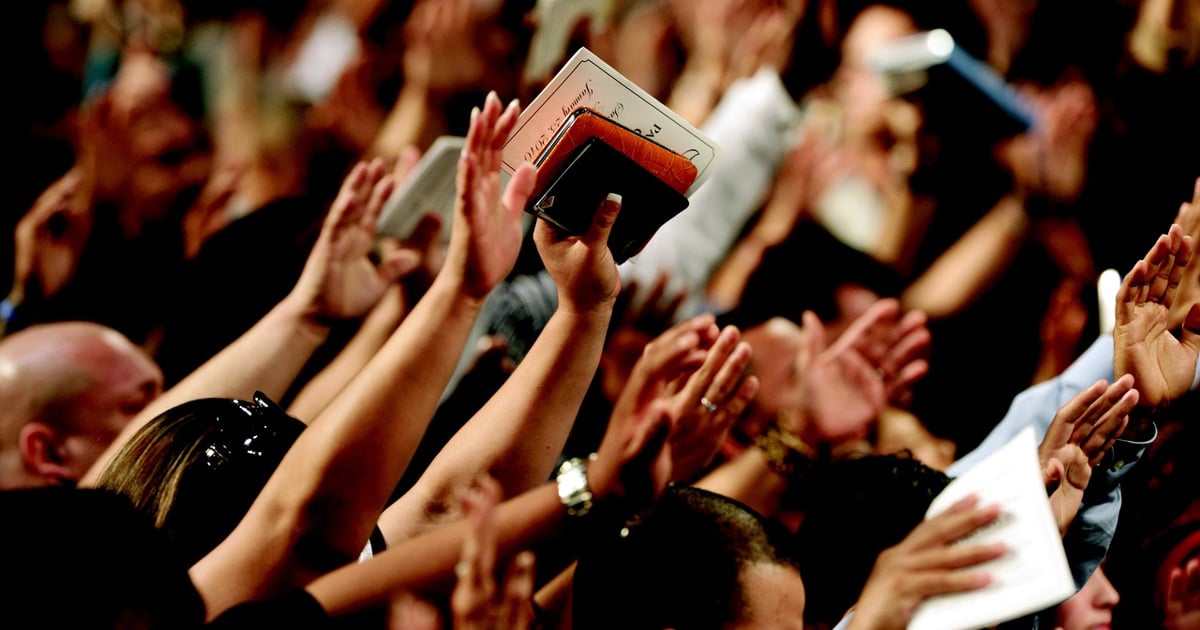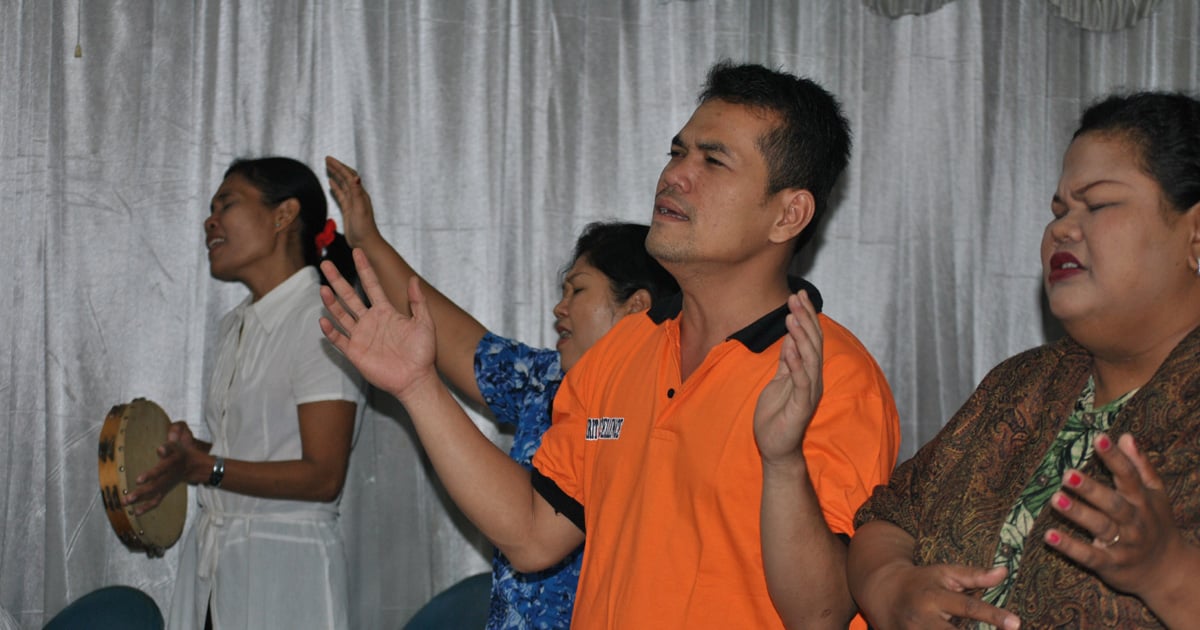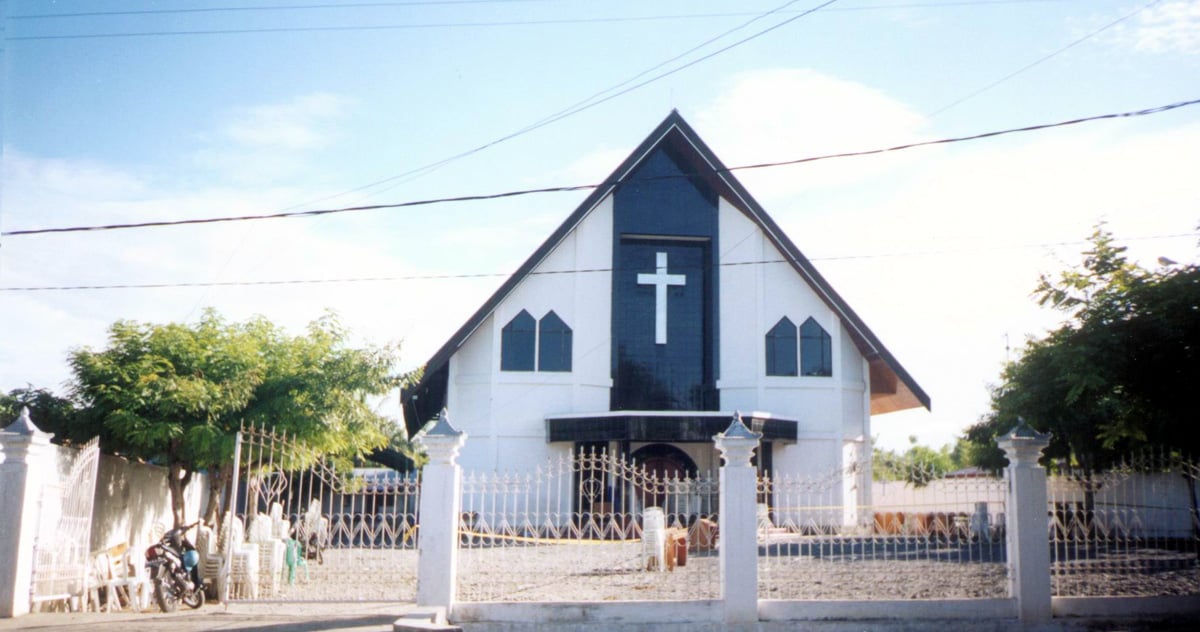
As Christianity spreads in Indonesia, local governments and community members are increasingly creating obstacles to restrict the activities of the country's churches. The process for believers who want to build a church facility is complicated and can take many years. In one case, a church finally received approval in April of this year after waiting for 15 years. (Further details about the situation can be reviewed here.) Despite repeated calls from federal officials for local communities to be more accepting of religious diversity, in accordance with the country's constitution, the message of religious tolerance is not accepted by all.
On May 19th, mobs of opposing local Muslims stopped Christians from worshipping in two cities located on Sumatra Island. In the village of Binjai, at least 40 protesters disrupted a worship service that was being held at a café. The leaders of the mob claim that holding Christian worship services in a predominantly Muslim area is provocative, and thus should not be allowed. In the city of Riau, a service taking place at Bethel Indonesia Church (GBI) was prevented by a militant group believed to be outsiders. On May 28th, yet another GBI church had been forced to stop their worship activities in the village of Cilame, West Java.
More recently, a local official, along with other opposing community members, stopped the worship service of a house church located outside the city of Jakarta on June 18th. While speaking to the protesters, Pastor Elysson Lase assured them that they were not constructing a church building; they were merely worshipping in a private home. The pastor told the protestors: "The important thing has been conveyed to the village office, that we are not building a church. So, what's the problem?"
That same day, access to the Javanese Christian Church building in the Solo area of central Java was blocked by a demonstration. A banner proclaiming "Allahu Akbar" ("God is greater") was placed over the door to the building, along with another banner at the road in front of the building. The next day, the mayor of Solo visited the site and ordered that the banners be removed.
While Indonesian law does not require a permit for worshipping in a home, some insist that such restrictions do exist. The onerous requirements for building a place of worship have resulted in many churches meeting without official permits. And although local governments can issue temporary permits when applications are pending, disapproving local Islamic groups will frequently oppose them. For more information on the difficulties encountered by Christians in Indonesia, go to our country report.
Pray for the ongoing ministry of churches throughout Indonesia. Ask the Lord to grant His direction, wisdom and encouragement to the country's church leaders as they continue seeking ways for their congregations to peacefully gather together for worship and teaching. May the message of the Gospel reach many more community members who are in desperate need of God's salvation, including those who strongly oppose Him, by giving them a revelation of Christ Jesus and His sacrificial love for them.

 Population
Population